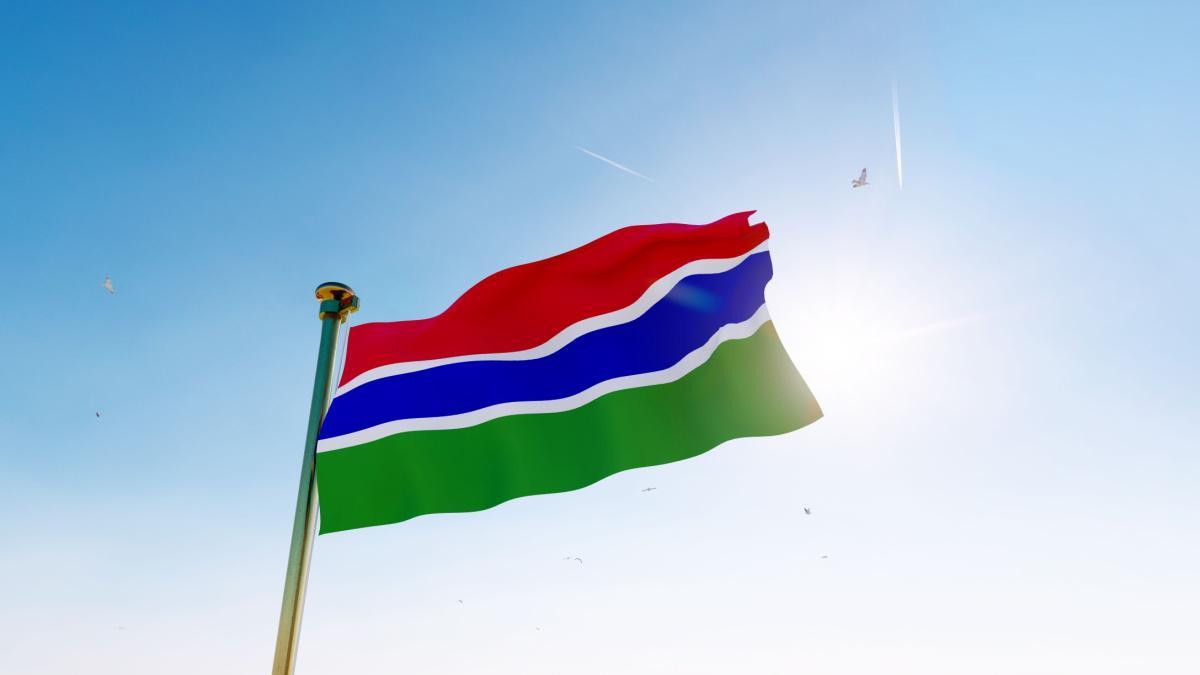By Dr Lamin K Janneh
Africa-Press – Gambia. Many citizens in The Gambia are looking towards Thomas Sangare as a potential savior of the country. Such leadership is anticipated to bring much-needed reforms that address governance deficits and fuel an inclusive approach that unites diverse ethnic and political groups. Thomas Sangare’s emergence symbolises hope for national rejuvenation through transparency and accountability. Given The Gambia’s historical struggles with authoritarianism and limited economic diversification, Sangare’s role could be pivotal in fostering democratic principles and encouraging foreign investment.
My recent research trip to West Africa presents the pressing socioeconomic and political settings, underscoring both challenges and significant opportunities for advancement. Economically, the Gambia remains overly dependent on small businesses that are susceptible to external shocks, such as global market fluctuations. Unarguably, GDP growth is stagnating, and poverty rates are inadmissibly high, particularly in rural areas lacking access to essential education, healthcare, and infrastructure. The persistent youth unemployment crisis further exacerbates these social inequalities, underscoring the urgent need for effective state intervention.
Politically, country has endured a remarkable transformation since the end of Jammeh’s authoritarian regime in 2017. The shift to democratic governance under President Barrow has opened new parameters for political engagement and bolstered civil society’s role. However, significant challenges remain, including corruption, inadequate institutional capacity, and episodes of political unrest. Such political glitches often challenge the oppositions in the country, hindering their efforts to promote and strengthen the democratic process. Additionally, efforts to solidify democratic reforms are hindered by concerns over electoral integrity and human rights protections. This presents significant concerns regarding president Barrow’s recent choice to unilaterally appoint the head of the electoral commission, bypassing parliamentary consultation and neglecting the involvement of any independent or impartial organisations in the country.
The Gambia, often characterised as a transactional state, faces profound challenges that extend beyond mere economic transactions and profoundly affect its social and political stability. This metaphor emphasises a pervasive lack of trust in institutions and governance structures, which are often compromised by corruption and inefficiency. These circumstances create an atmosphere in which many Gambians I had an interview with feel both suspicious and apprehensive towards the government, as well as the divided opposition parties. This uncertainty endures despite the efforts of these groups of Gambians to positively impact national welfare and their aspirations for political and economic reform.
The nature of governance in The Gambia reflects broader issues common in developing nations in Africa, where state resources are often misused for patronage and personal gain rather than the public goods. This undermines social cohesion and perpetuates cycles of entrench poverty and insecurity. Although specific studies on The Gambia’s internal challenges remain limited, it is evident that without substantial reforms addressing governance transparency and accountability, the safety and well-being of Gambians will continue to be at risk. While findings on specific policies remain scarce, the broader need for competent leaders capable of navigating complex socio-political terrains is well-documented.
For More News And Analysis About Gambia Follow Africa-Press






